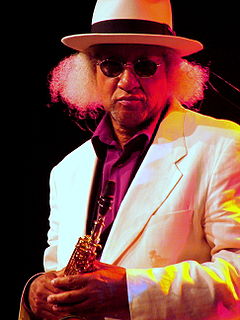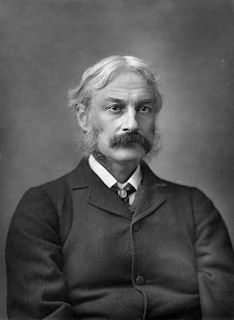A Quote by Hilton Als
I don't know what else teaches you as much as writing. Perhaps reading. So if I don't have one or the other in the course of the day, I feel old.
Related Quotes
No blame can be attached to the army for its failure to accomplish what was projected by me... I alone am to blame, in perhaps expecting too much of its prowess and valor... could I have foreseen that the attack on the last day would fail, I should certainly have tried some other course... but I do not know what better course I could have pursued.
People cannot stand the saddest truth I know about the very nature of reading and writing imaginative literature, which is that poetry does not teach us how to talk to other people: it teaches us how to talk to ourselves. What I'm desperately trying to do is to get students to talk to themselves as though they are indeed themselves, and not someone else.
I have no idea what happens, but I do respond to other cultures that treat life with a much more positive approach. It teaches - especially when you're a child - it teaches you to be afraid of everything, you feel like something bad is always going to happen. As to where that other way seems a much more spiritual and positive approach.
I mean, the piano, of course, but I think the piano should be taught in school just like mathematics, just like reading, writing and arithmetic. I'd say reading, writing, arithmetic and rhythm. But that should be a prerequisite, because then the quality of music in the world at least in the United States, would be much better, if everyone knew something about the piano and about music, they would know this is not good. Right now, there is so much music out that's not good, but no one knows the public doesn't know.
I feel with writing, so much of the time, I don't know how to tap in and be spontaneous and alive on a daily basis. So I don't write every day. I'm just not disciplined, and I can't be in the groove most of the time. I feel like I'm in the groove ten days a year or something. But with reading and research, I feel like I have this incredibly instinctive pleasure-driven process that ends up working out for me and inspiring me. It's almost like a maze, like I know eventually I'll hit the heart of my play if I read enough books.
Reading is everything. Reading makes me feel like I've accomplished something, learned something, become a better person. Reading makes me smarter. Reading gives me something to talk about later on. Reading is the unbelievably healthy way my attention deficit disorder medicates itself. Reading is escape, and the opposite of escape; it's a way to make contact with reality after a day of making things up, and it's a way of making contact with someone else's imagination after a day that's all too real. Reading is grist. Reading is bliss.
I don't remember reading much at all during the writing of Eileen. I go through several years-long dry spells and I don't feel like reading at all. I was working part-time for a guy in Venice, California while I drafted Eileen. He wanted help in writing his memoir. The research had a lot to do with the 60s, so that must have informed my sense of the place and time in my novel, and perhaps even the memoir point-of-view. He was also from New England. It was a fun job. I learned a lot about motorcycle clubs, Charles Manson, hopping freight trains.
I have a hard time writing. Most writers have a hard time writing. I have a harder time than most because I'm lazier than most. [...] The other problem I have is fear of writing. The act of writing puts you in confrontation with yourself, which is why I think writers assiduously avoid writing. [...] Not writing is more of a psychological problem than a writing problem. All the time I'm not writing I feel like a criminal. [...] It's horrible to feel felonious every second of the day. Especially when it goes on for years. It's much more relaxing actually to work.
Writing is so... I don't know, it's such a practice, and I feel very unpracticed in it, because I'm not doing it every day. And I really need to do it every day. In other words, you spend all this time writing a movie, and then you stop, and then you're shooting the movie, and then you're cutting, and a year and a half goes by, because in the editing room, you're not writing.






































